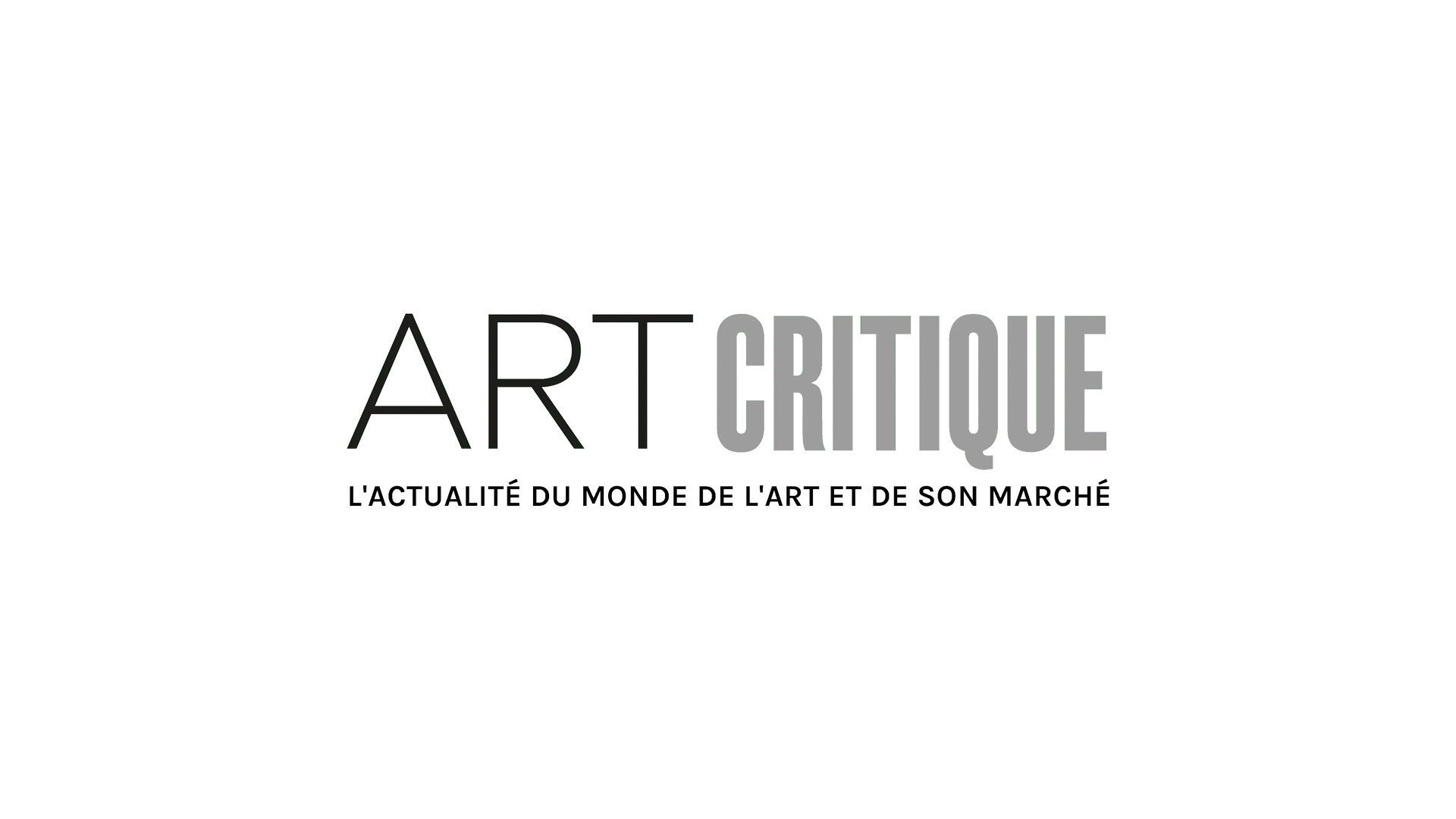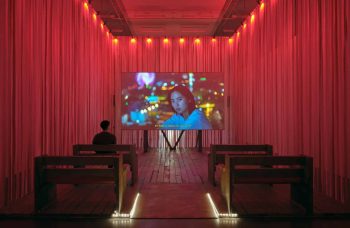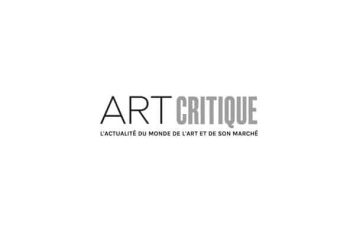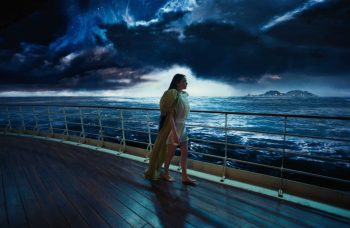While the world over has been especially keen on the recent release of Inventing Anna—the exploits of real-life con artist Anna Delvey—almost simultaneously, Netflix has released a stunning and emotional delve into The Andy Warhol Diaries. Following the published journals of the same name notated and edited by Pat Hackett, this short docuseries dives into some of the integral essences of the pop-art icon evidenced in the words of his diaries. His queer love, his fear, his fragility, and his humanity—all from the mouth of an AI.

Directed by Andrew Rossi (Page One: Inside the New York Times) and produced by Ryan Murphy (The Normal Heart, American Horror Story), The Andy Warhol Diaries travels along the course of Warhol’s life with lively and unflinching examination from industry experts and personal connections—Warhol museum curators, staff from Interview magazine, family and friends of lovers, and the wealth of artists connected to him. Rossi makes the absolutely surreal and thematically perfect choice of having an artificial voice replicating software deliver the words of Warhol in an approximation of his voice. Not only does it add a dread and doldrum that echoes the artist, but it echoes a spoken desire of Warhol that rears its head regularly in the series:
“Machines have less problems. I’d like to be a machine, wouldn’t you?”
Design-wise the docuseries speaks to the aesthetics and interests of Warhol in an engaging and lively way. With a vibrant, pink swirl of shifting portrait images (of himself and close companions such as legendary artist Jean-Michel Basquiat) set to ‘Nature Boy’ performed by Nat King Cole, a mystique and feeling of a strange exploration is established in the intro. Utilizing Super 8 footage—both archival and freshly taken—as well as purposefully vague reenactments of the moments detailed throughout the diaries, there is endless momentum and interest in the visual journey. Between the original orchestrations by Canadian composer Owen Pallet and existent song choices, the sonic journey is equally immaculate; from the neo-disco of Hercules and Love Affair to Colin Stetson’s dizzying ‘Among the Sef’, each audible detail resonates with the emotion of the current moment.

The famously evasive and guarded creator is laid bare in this analysis of the words he spoke for years to assistant and editor Pat Hackett. If the idea is true that Andy Warhol’s greatest work of art was Andy Warhol, this docuseries aims to reveal a wealth of still-wet paint on the other side of the canvas. While the art, history, and context of the man are of course on display here, there is certainly a stronger focus on the emotionality of a person who clearly wished he had none. Twin brothers of each of Warhol’s lovers, Jed Johnson and Jon Gould, give emotional accounts of their brothers’ care for the man. Former Interview editor Bob Colacello clearly struggles at times remembering the fraught life of his departed friend.
A focus is also certainly placed on the artist’s queer identity and queer love, both discussed openly and painfully self-hidden within The Andy Warhol Diaries originally. It’s certainly no secret that LGBTQ+ culture and connection were at the heart of everything Warhol did, but his personal expression of identity reveals so much behind his actions and works. A series of Paramount Films logos may seem like merely another use of re-contextualizing commercial iconography, but when one dwells on Warhol’s relationship with then Paramount executive Jon Gould—who was deeply closeted to the point of demanding Warhol remove him from his diaries—it becomes a very clear expression of desire and loneliness from the man who said there is nothing to be read into from his works.

With the last chapter moving towards the death of Andy Warhol, his final series is given great weight and consideration—The Last Supper. This series, depicting The Last Supper by Leonardo da Vinci in countless variations, was the artist’s final commission, produced at the height of physical weakness and paranoia for the AIDs epidemic ripping through his community. And while there is so much that can be unpacked about his view of the world, of his own role as an influential man of fame, and about the faith he had always held onto, Jessica Beck—curator for The Andy Warhol Museum—truly digs into heart-tugging layers of the most striking of the series, The Big C. The titular “The Big C” seen on the canvas, a well-known colloquialism for cancer, was discovered by Beck to be from a newspaper article about AIDs—then known as “the gay cancer”.

“There’s this idea that somehow he failed AIDs in a way, and I thought to myself ‘No one has ever given Warhol credit to respond to this crisis in a way in the work.”
As The Andy Warhol Diaries shows us, Warhol was a man dominated by fear. From bullying as a young, queer immigrant, from his position as an older man in a young crowd, from critical derision of his work, from loneliness, and from the incidents that proved the mortality of himself and his loved ones. And tragically, his fear is ultimately what killed him, in a triggered avoidance of hospitals for his serious medical issues. This docuseries endeavours to show as many sides of Warhol as possible, and is unafraid to highlight the negative, fallible, human aspects of the legend. In doing so, it shows the bleeding heart that beat beneath the man who wanted to be a machine.





